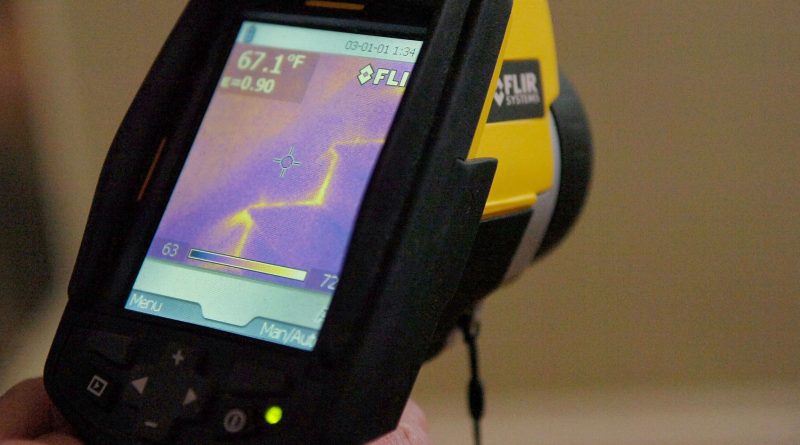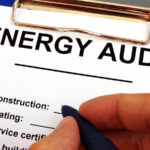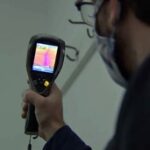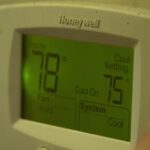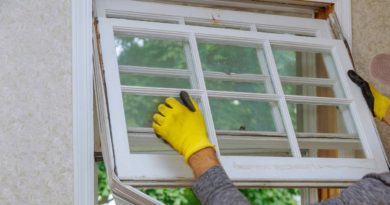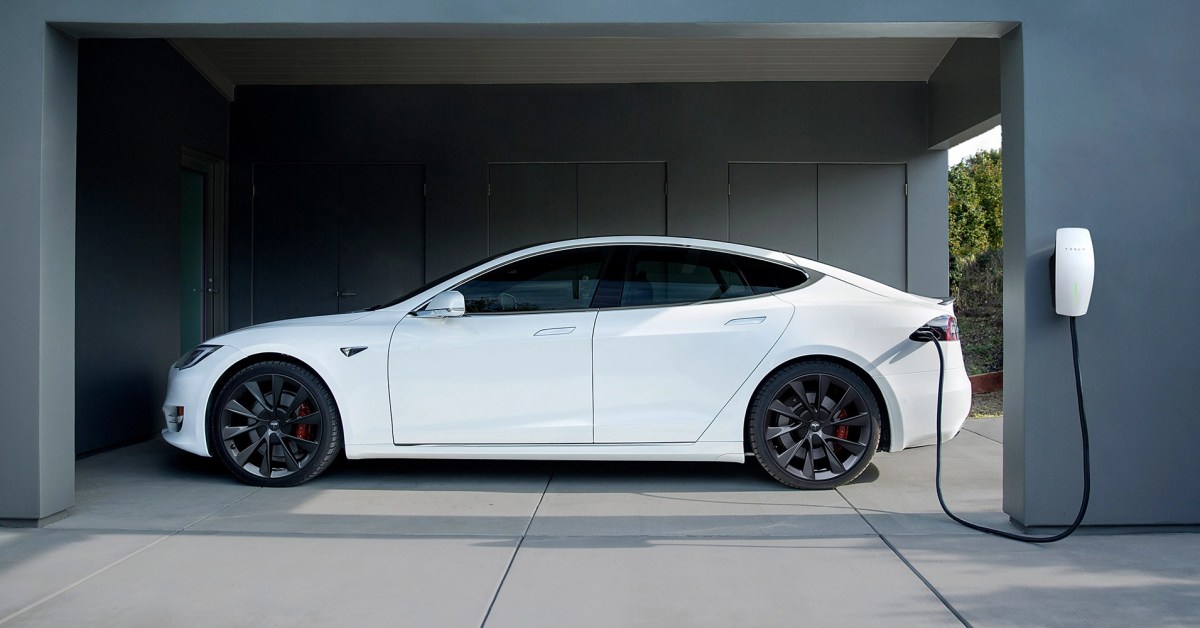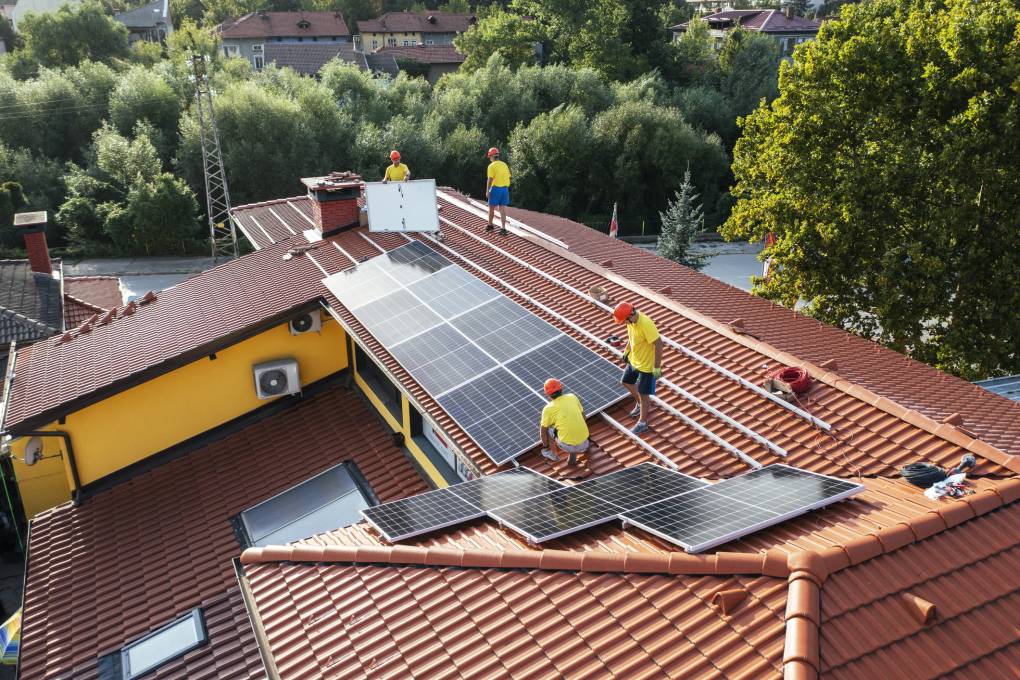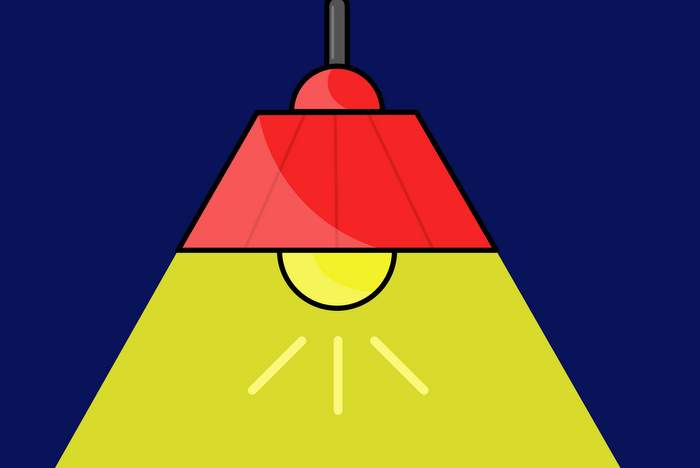Home energy audits help homeowners save money – Bangor Daily News
Energy Disrupter

For anyone looking to save money on household expenses, a home energy audit could be a good place to start. Energy audits look at a home’s overall energy use and pinpoint areas of inefficiency or that create potential health issues. An audit also provides recommendations for cost-effective fixes for any problems.
“The purpose of an energy audit is to help reduce energy costs,” said Andy Meyer, senior program manager with Efficiency Maine. “It gives you peace of mind and a plan.”
Efficiency Maine is a quasi-state agency governed by a board of trustees and overseen by the Maine Public Utilities Commission. It administers independent energy programs in the state to help lower costs and reduce environmental impacts.
What’s involved in an energy audit?
The culprits wasting energy in a house are not always obvious, Meyer said. Something as innocent looking as the ceiling fixture for a hanging light can actually be letting heat escape.
An energy auditor inspects your home from the attic to the basement, inside and out searching for any areas wasting electricity, heating oil, propane, pellets or even firewood, according to Meyer. At the same time, the auditor looks for any potential health risks like insufficient air exchanges, carbon monoxide, water damage, mold or asbestos.
“An audit is going to identify ways for you to save money and be safer in your home,” Meyer said. “Having one can be a good and cost efficient investment in your home.”
READ MORE ABOUT ENERGY SAVING
Energy auditors use specialized blowers placed in doorways that can measure how much air — meaning heat or cooling — is leaking out of a home. Using an infrared camera, they can identify exactly where those leaks are. They can also measure the efficiency of your heating and cooling systems.
Once an audit is completed, you will get a report from the inspector identifying the trouble spots in your house and recommending solutions. Those solutions, Meyer said, are often much simpler and less expensive than homeowners fear.
“A lot of people think that replacing windows is the best way to conserve heat in the home but the payback for that can be decades in some cases,” he said. “What people don’t think about is ‘air sealing,’ which is just boring caulking around windows that can pay for itself in a year.”
DIY energy audit
Before, or instead of calling in an energy auditor, there are things a homeowner can do to get a handle on where electricity or heat is being wasted. A good place to start is looking for any so-called phantom loads. These are appliances or devices that continue to use electricity even when inactive — such as sleeping computers.
“We have stocked every library in the state with electrical monitors people can check out for free,” Meyer said. “This lets you test things yourself.”
In addition to identifying phantom load, the monitors can also measure the efficacy of large household appliances.
Other DIY energy audit tools include online calculators that help figure out how much money you can save by switching to LED light bulbs, if getting a different kind of hot water heater is worth the investment and if your home is using more or less energy than a well-winterized house of the same size.
Those calculators, plus a list of independent auditors are on Efficiency Maine’s webpage, according to Meyer. Those inspectors, he said, are not paid by Efficiency Maine, but are vetted to make sure they are licensed, certified and reliable.
The cost
A full energy audit in Maine can cost up to $600, but there is financial assistance for those who need it.
“One of the tough things about saving money by saving energy is having the money to pay for what you need to have done,” Meyer said.
So the program offers low interest loans and rebates to eligible homeowners in Maine.
Even if paying the full $600 for an audit, Meyer said it can be well worth it.
“A professional audit takes six hours to complete,” he said. “In that six hours you might find ways to save 69 gallons of heating oil a year so right there your investment pays off so it’s the closest thing to a free lunch you can get.”
Original Source: https://bangordailynews.com/2020/11/30/homestead/home-energy-audits-help-homeowners-save-money/

